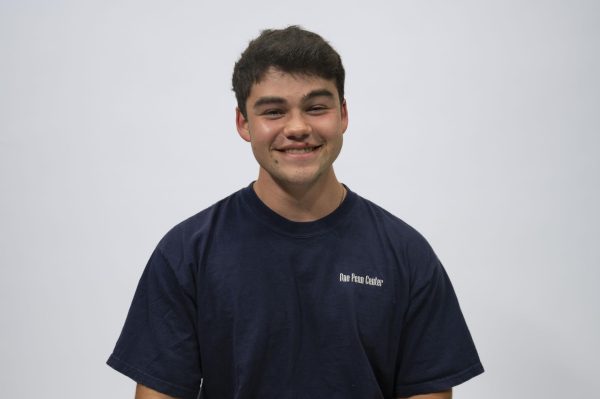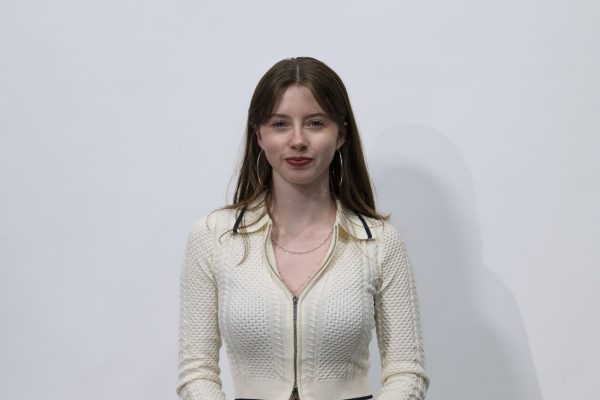On March 13, 2020, President Donald Trump declared COVID-19 a national emergency. What followed was nearly a year of lockdowns, then a year of masks and social distancing. For many, it’s a blurry period, and the lockdowns created a sense of isolation and discovery that exposed many to new interests and hobbies.
Although the entire world felt the impacts of the COVID-19 pandemic, there was particular concern about how it would impact students of all ages in the long run. Now, more than five years since the pandemic hit the country, students are ready to reflect.
The Huntington News spoke with six students about how they spent their time during lockdown, what they took away from the experience and how it’s still impacting them today.
Marley McKinsey got into track and was introduced to pharmaceutical sciences
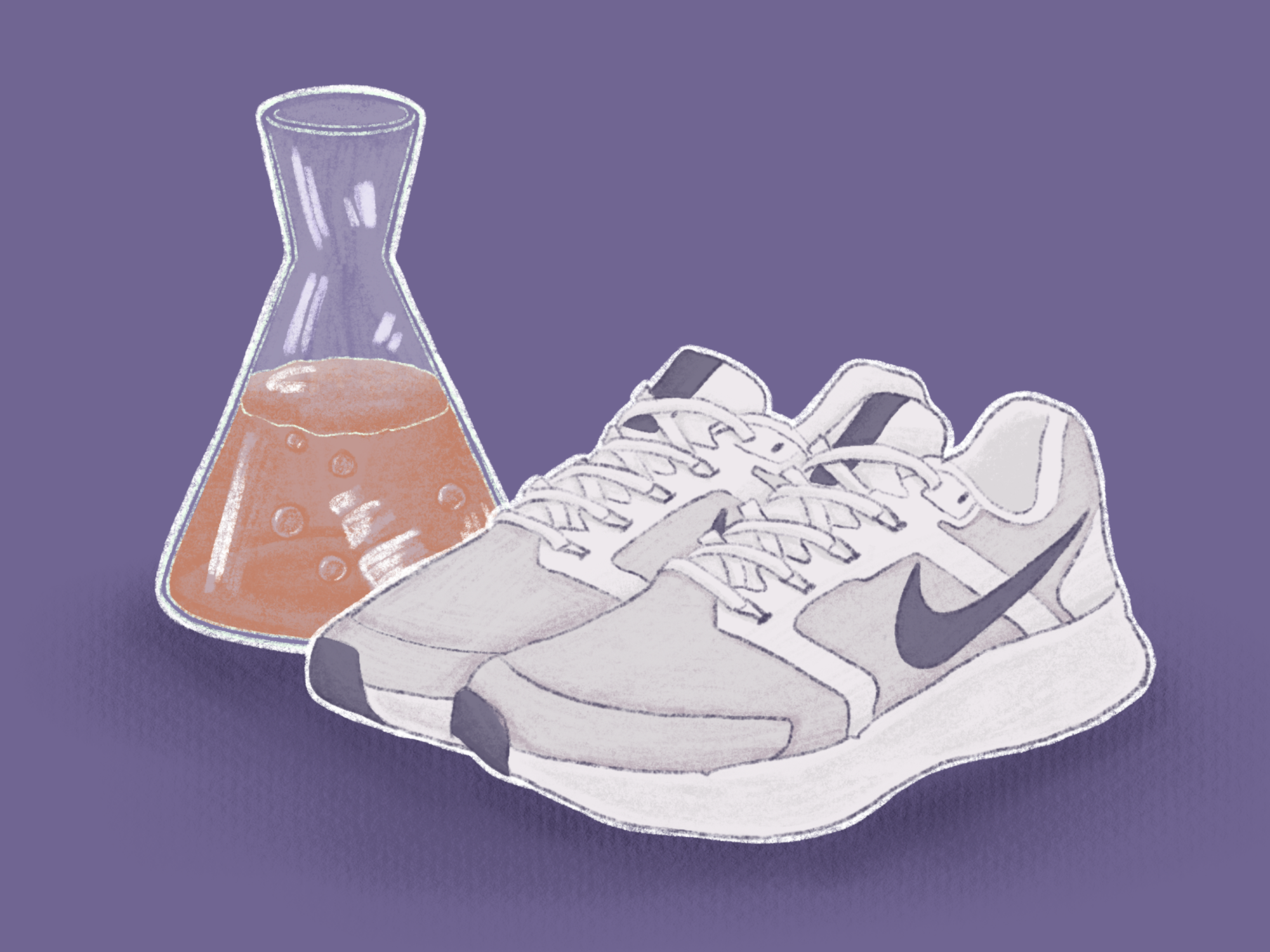
“I went down a rabbit hole of a lot of different sports, and I ended up settling on track and field,” said McKinsey, a second-year pharmaceutical sciences major, who stopped playing basketball during COVID when his high school cut the team after it couldn’t keep up with social distancing rules.
“After doing a lot of track, I ended up running [Division I] numbers,” McKinsey said. “I would never have known that if I hadn’t gone out of my comfort zone during COVID.”
McKinsey is an only child, and he mentioned that adjusting from a sprawling social life at school to a quiet home was hard. He said he spent a lot of time playing video games and on the phone with friends who were also grappling with this new normal.
“By doing track, I was able to really branch out once COVID ended, and I met some people in the medical field who were also sprinters, and they loved their job,” McKinsey said, adding that being at home for school allowed him to take additional science classes in biology, chemistry and physics.
“I talked to [him] a little more about what he did, and it really, really interested me. The more I looked into it, the more I found my passion in pharmaceutical science,” McKinsey said. “Northeastern has a great program, and I never would’ve known about it if COVID hadn’t kind of a butterfly-affected me into track, and then track butterfly-affected me into my major.”
Nethan Madhav found more time for family
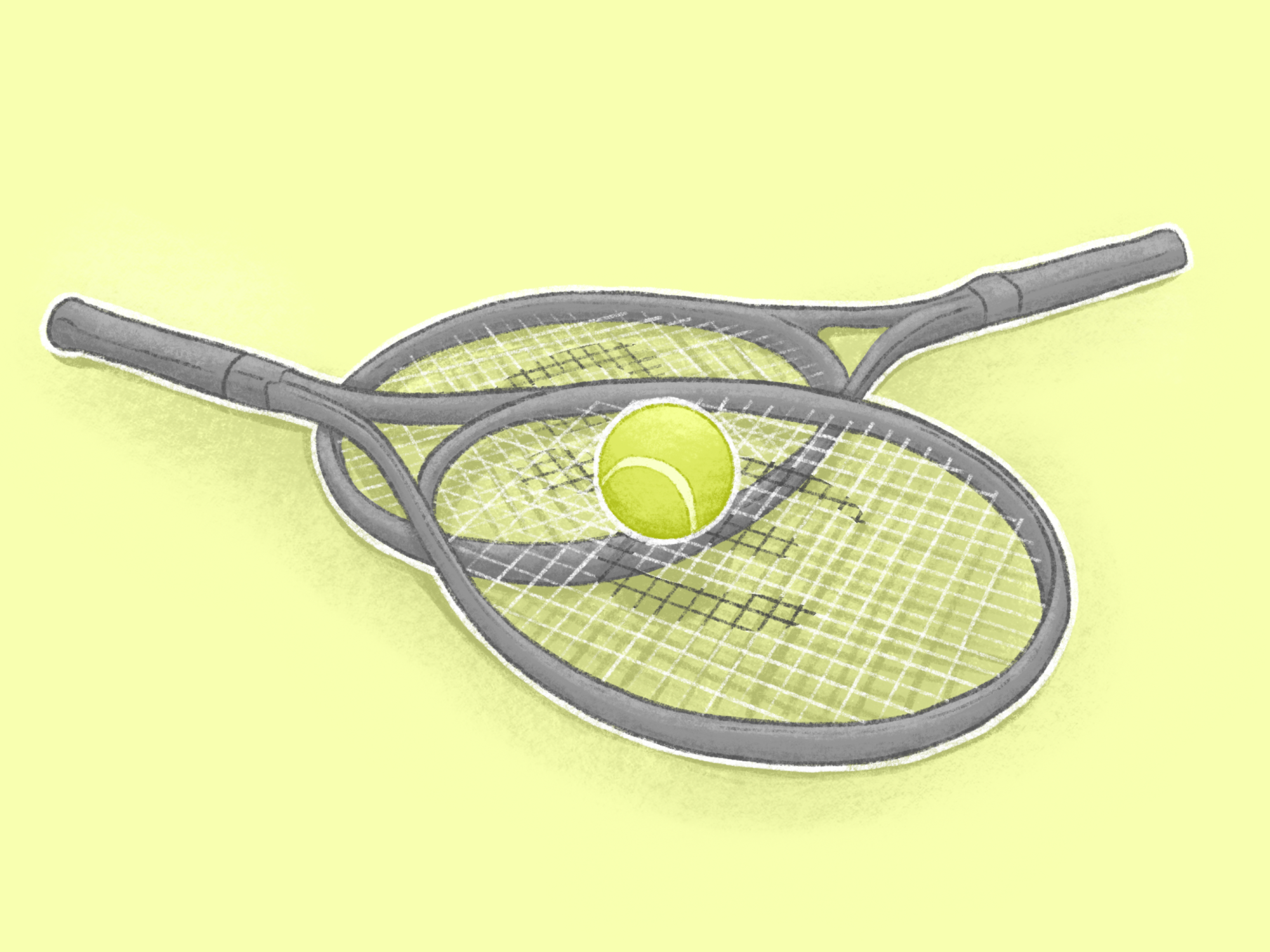
“It was a little bit upsetting not being able to hang out with as many of my friends, and I really liked going to school, so I couldn’t see a lot of people,” said Madhav, a second-year computer science major, who mentioned that being an only child was difficult at home but allowed him to spend more time with his family. “COVID definitely made me a lot more closer to my parents, and we played so much badminton. I swear we would be out there two hours every day.”
Madhab mentioned that tennis was always his main sport, and playing badminton wasn’t always enough.
“During COVID, tennis, being my No. 1 sport, did affect me in the case that I wasn’t able to go to the courts as much, going to the clubs and everything, not being able to drive around to those places [and play],” Madhav said.
His classes were different as well. He said that in order to retain the material covered in remote classes, he had to teach himself. But he said this ultimately prepared him for college.
“After class, I would just relearn it myself, which I feel like I do a lot [at Northeastern] as well, just relearning and really studying the topics that I’m learning in class,” Madhav said.
Liam Trimble fell in love with physics
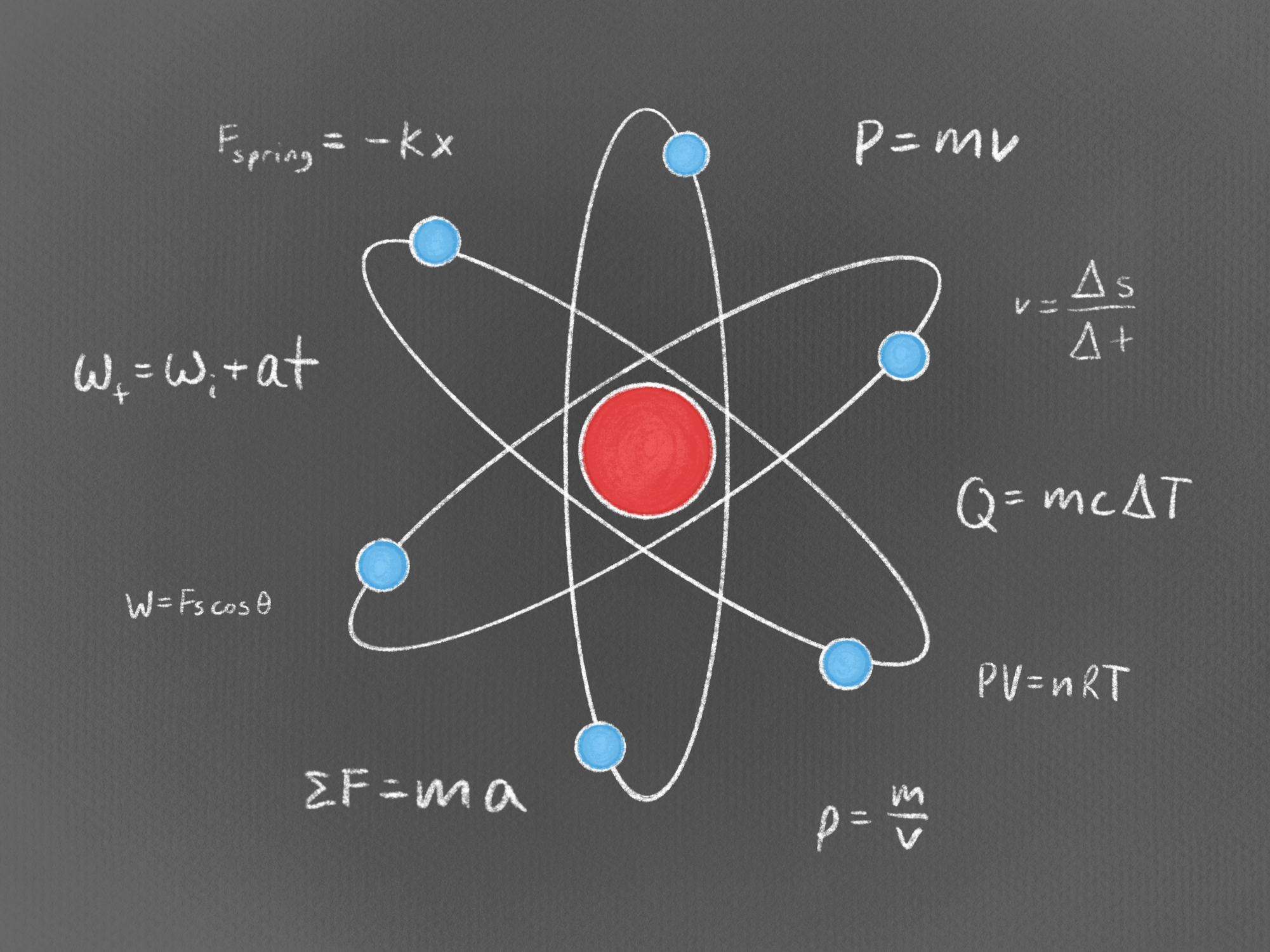
“I was just getting sick of staying at home at the time. It was pretty rough,” said Trimble, a first-year electrical engineering and physics combined major. “I think had I gone to school in person, I would’ve made more friends earlier and I would’ve probably not gained so much weight, wouldn’t have been stressed, probably would’ve done better in school and I would’ve seen more opportunities too. I lost my freshman year of high school.”
Trimble said that he got into wrestling and lifting after the pandemic, which helped him lose weight. He added that during the pandemic, the newfound free time brought him to Veritasium — a YouTube channel that posts science and engineering experiments and discussions — and other online physicists who share videos about their fieldwork. He said these videos piqued his interest in physics and math.
“I don’t know what made me think it was so cool at the time … I started reading AP Physics books and then I took AP Physics in high school,” Trimble said, who’s been enjoying the engineering coding classes at Northeastern because they offer a real-world look into physics.
Over the past year, he got involved on campus with wrestling, chess club and started his own freelance tutoring company in physics — working with students at Queens Community College and the City College of New York — but has shifted focus toward engineering with finals.
Kavya Jeevanantham worked on her attention span and baking — and she made a lot of focaccia
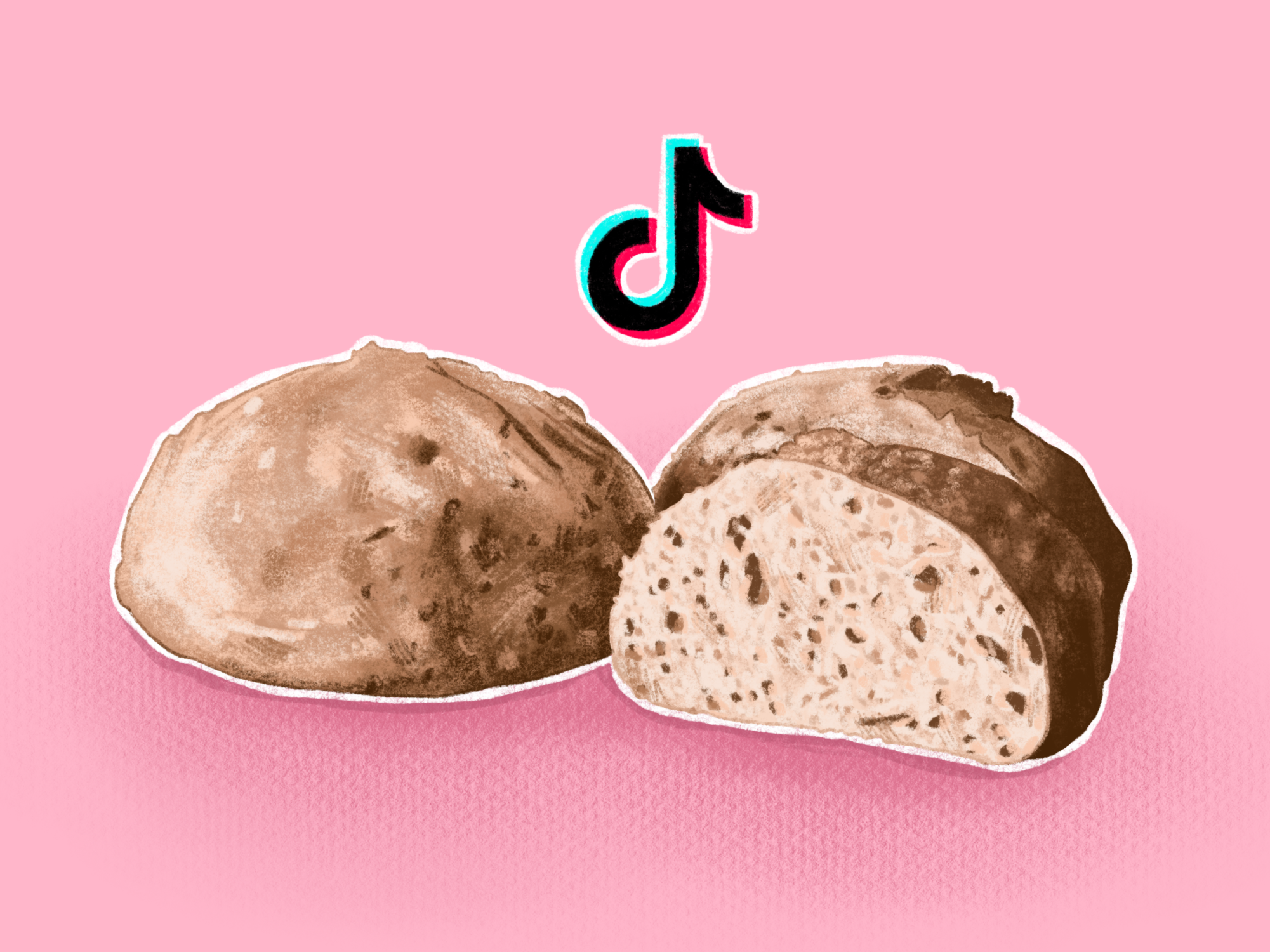
“I oddly, very specifically oddly, got into baking bread. I really perfected how to make focaccia specifically,” said Jeevanantham, a second-year business administration major. “I did so many different types. There was a pesto tomato one, and then I had a balsamic vinaigrette one that was really, really good. And then, I also did a chicken [parmesan] one, which was so random.”
Jeevanantham also began crocheting — specifically bumblebees — and watching TikToks, but said that the social media platform did more harm than good during the pandemic. She said the app lessened her attention span and made reading less enjoyable and more time-intensive.
“My attention span severely declined. Significantly declined. And, I think a lot of it was due to me just constantly trying to fill my time with things to do,” she said. “In high school, it was bad. It would take me a while to get through a chapter of a textbook. I would just keep getting distracted and thinking of other things. It also doesn’t help that I have [attention deficit hyperactivity disorder], but that definitely made it worse — specifically TikTok.”
Since high school, Jeevanantham has made some progress in rebuilding her attention span.
“It’s been a lot better now [since] I just kind of deleted TikTok. I was like, ‘This is just not helping me at all. I keep procrastinating.’ … I’ve been doing good since,” said Jeevanantham, who added that spending more time cooking for friends keeps her around people and off her phone. “I’m someone that likes to eat my meals with people. I try to gravitate away from just scrolling on my phone or watching a show. ”
Cecilia Clark had to find her footing in college
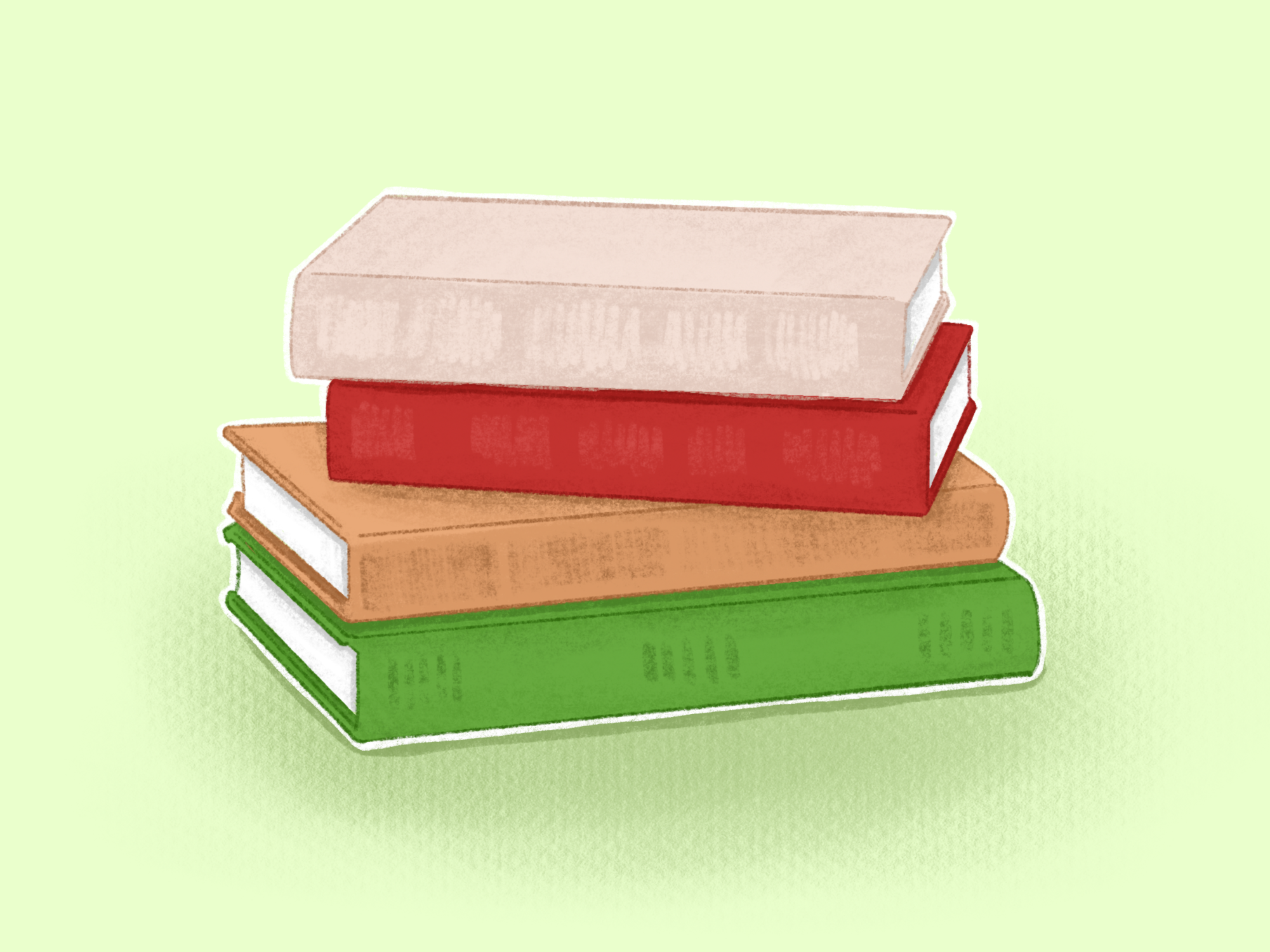
“For me, [after] having half my high school experience taken away from me, [I felt like] I still don’t know what I want to do for a job, and I don’t really know where my path is going,” said Clark, a first-year psychology and business administration combined major. “And, I feel like maybe if I had more of a structured high school experience, I would’ve been able to figure that out sooner and know my interest is more.”
Clark said that the challenge of doing school during the lockdown prepared her for the rest of high school and college.
“I really locked in toward the end of high school, which is probably why I’m here, is because I realized that I am smart and I am good in my classes,” Clark said. “I was put in really bad conditions freshman year and I was able to see that going throughout the rest of high school. It’s not me; it’s just how I started.”
Heidi Lindauer had to learn how to study
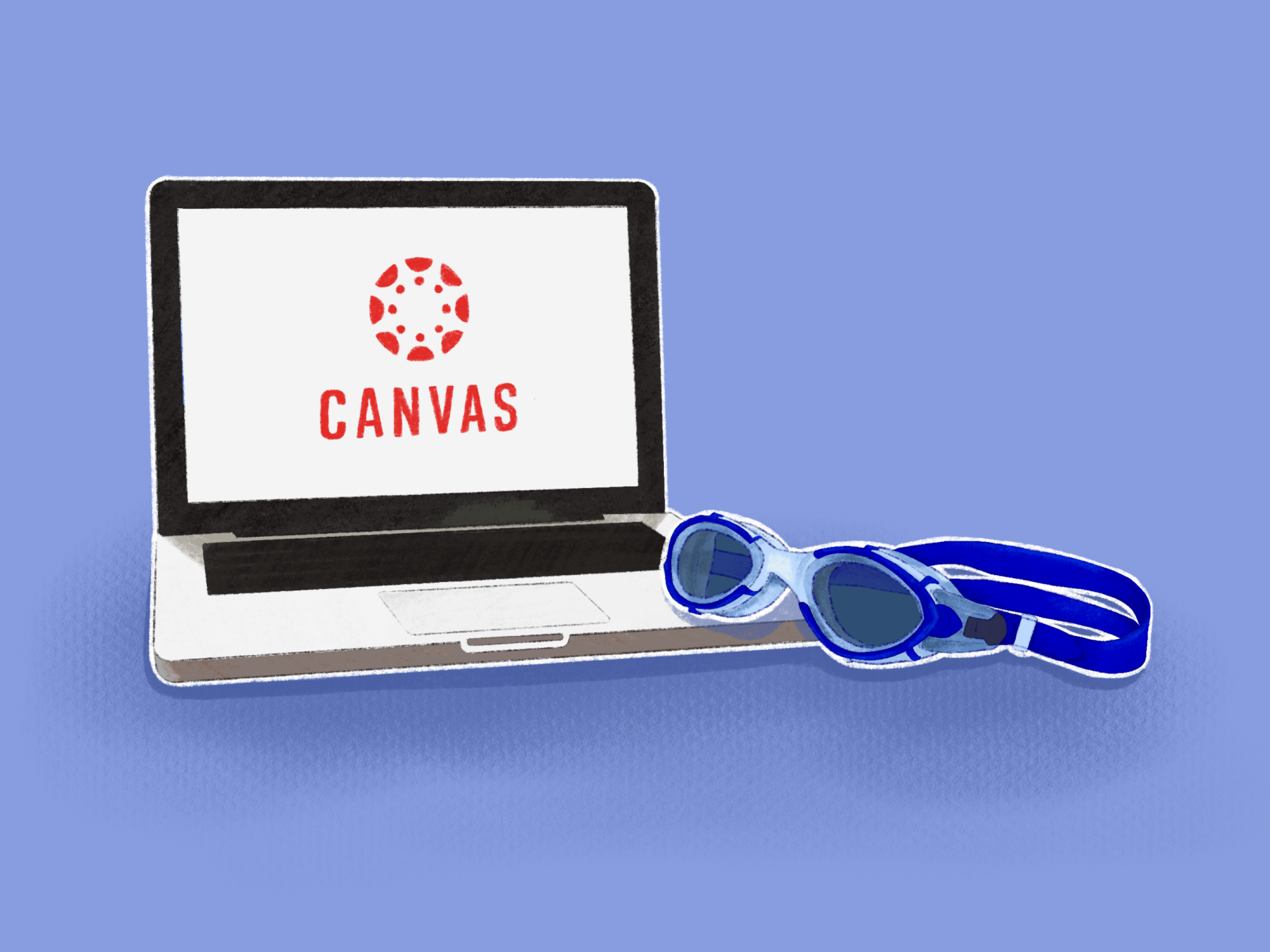
“Because you were not at school every day, I wasn’t meeting new people, so it kind of forced me into a friend group I really shouldn’t have been in,” said Lindauer, a first-year cell and molecular biology major, who added that she missed out being on the swim team freshman year since it was shut down.
“I was on the swim team all of high school, but my freshman year, it really impacted me that we didn’t have real meets and we didn’t practice with upperclassmen,” she said.
In terms of school, she said that placement exams and difficulties with studying early on in high school hurt her academic standing, which set her back when she was applying to colleges.
“In eighth grade, you’re meant to take these placement tests to see what math you’re going to be in if you’re in honors for that and for bio class and for history class,” Lindauer said. “And I didn’t try as hard as I should have in my math and science classes, so I ended up not being able to do any honors freshman year, which definitely impacted the overall trajectory of my entire high school program.”




